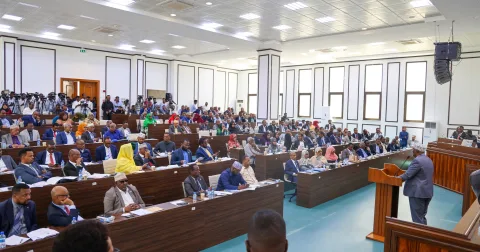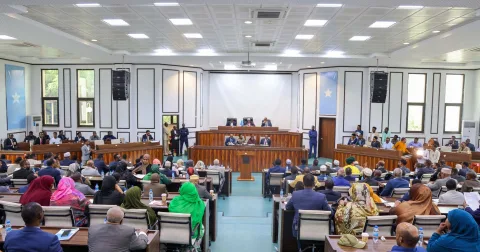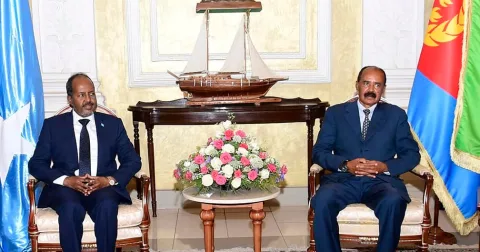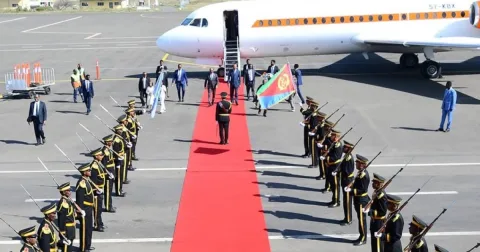The power transmission will flow from Ethiopia’s Wolaita Sodo facility through Kenya’s Suswa substation before reaching northern Tanzania.
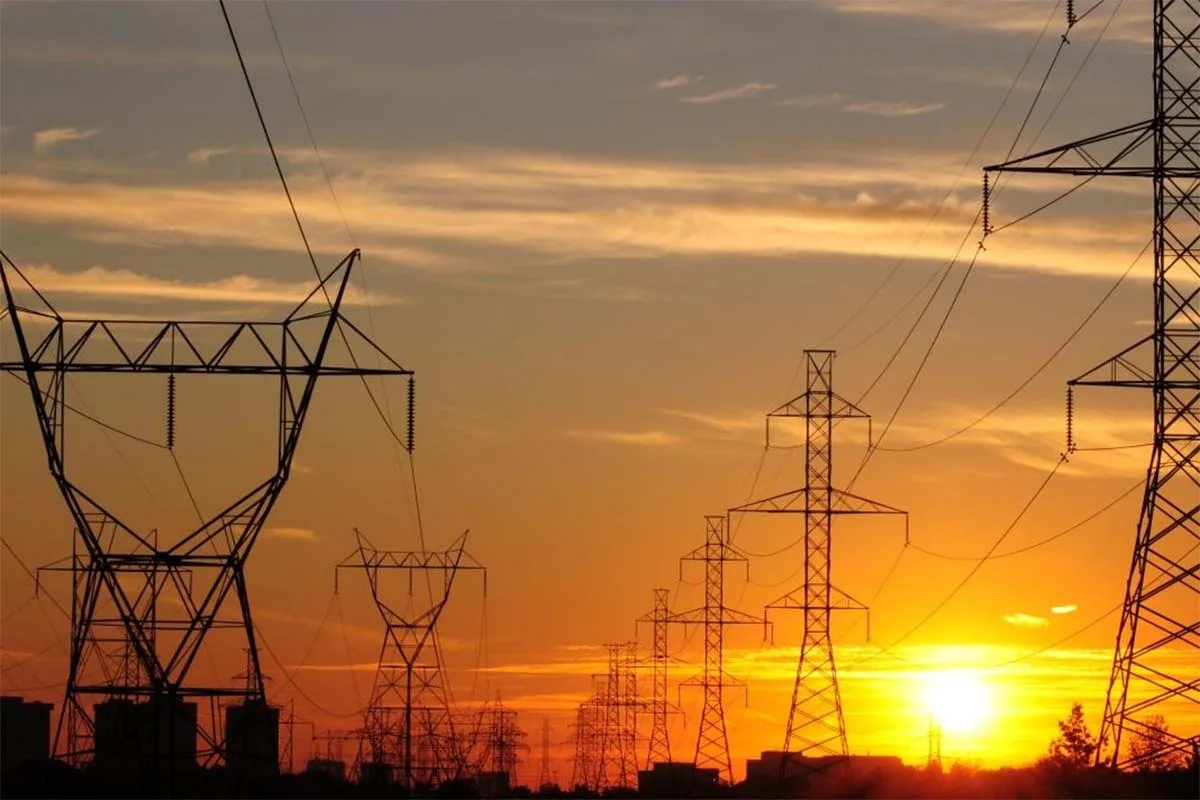
In a landmark development for East African energy cooperation, Ethiopia is finalizing plans to export electricity to Tanzania through Kenya’s transmission infrastructure, marking a significant expansion of cross-border power trade in the region.
The ambitious project will see Ethiopia supplying 100 megawatts of electricity to Tanzania, utilizing high-voltage transmission lines that traverse Kenya. This three-country energy partnership represents one of the most significant power trade arrangements in East Africa’s history.
Infrastructure and Implementation
The power transmission will flow from Ethiopia’s Wolaita Sodo facility through Kenya’s Suswa substation before reaching northern Tanzania. Ethiopian Electric Power (EEP) Corporate Communications Director Moges Mekonen has indicated that the initial 100-megawatt supply could be adjusted based on future negotiations between the countries.
While Kenya and Tanzania have already established an agreement for the use of high-voltage transmission infrastructure, the deal awaits final approval from Kenyan regulatory authorities. This regulatory clearance represents the last major hurdle before power transmission can begin.
Regional Impact and Strategic Significance
This trilateral power agreement marks a crucial step in Ethiopia’s vision to become East Africa’s primary energy hub. The country’s vast renewable energy resources, particularly its hydroelectric capacity, position it as a natural power exporter for the region.
“This arrangement demonstrates the growing maturity of East Africa’s power sector and the willingness of countries to collaborate on essential infrastructure,” says [regional energy expert’s name], noting that such agreements are crucial for addressing power shortages across the region.
Future Implications
The deal is expected to catalyze further energy integration across East Africa, potentially paving the way for a more robust regional power pool. Success in this initiative could encourage similar arrangements with other neighboring countries, fostering greater energy security and economic development throughout the region.
For Tanzania, the agreement promises enhanced power reliability and additional capacity to support its growing industrial sector. For Ethiopia, it represents another step toward monetizing its substantial renewable energy resources and establishing itself as a key power exporter in East Africa.
The project aligns with broader African Union goals of increased regional integration and infrastructure development, potentially serving as a model for future cross-border energy projects across the continent.
Source: Addis Insight
